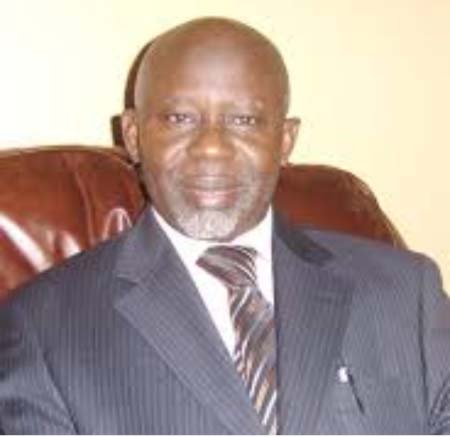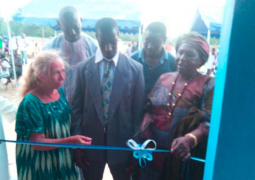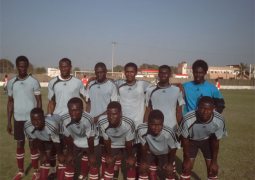
(Wednesday July 20, 2016 Issue)
The
Banjul High Court presided over by Justice Eunice Dada Oshim is today expected
to deliver judgment in the trial involving the leader of the United Democratic
Party (UDP), Lawyer Ousainou Darboe and 19 others.
The
other accused persons are Kemeseng Jammeh, Femi Peters, Lamin Dibba, Lamin
Jatta, Yaya Bah, Babucarr Camara, Fakebba Colley, Ismaila Ceesay, Momodou
Fatty, Dodou Ceesay, Samba Kinteh, Mamudou Manneh, Nfamara Kuyateh, Fanta
Darboe, Lamin Njie, Jukuna Suso, Momodou L.K. Sanneh, Yaya Jammeh and Masanneh
Lalo Jawla.
They
were indicted on a seven-count of unlawful assembly, riot, and incitement of
violence, riotously interfering with vehicles, holding a procession without a
permit, and disobeying an order to disperse from an unlawful procession and conspiracy.
When
the case was called, the trial judge then told the DPP that the matter was
slated for adoption of briefs.
DPP
S.H. Barkun then said: “Our address is dated 12 July 2016 and filed on the same
date. We wish to adopt same as our final address in this matter, and as well
urged the court to convict the accused persons as charged.”
The
trial judge then asked the translator to ask Darboe if they had filed any
written address, and Darboe said no.
The
trial judge then said in the absence of any written address from the defence,
the state address was hereby adopted as part of the case.
The
case was then adjourned for judgment today 20 July 2016.
Before
the judge rose, Darboe said it was true that the defence did not file any
written address, but he noticed that the address filed by the state was out of
time, and the DPP while adopting did not request an extension of time, which
rendered the address “invalid”.
The
trial judge did not respond, and just said: “I will rise.”
It
would be recalled that Darboe and Co did remain mute throughout the trial,
after their lawyers walked away from the courtroom due to the judge’s refusal
of a stay of proceedings pending a suit filed at the Supreme Court.
Darboe
continually said they would not participate in a trial where their rights had
been “infringed upon and violated”.
The
prosecution, however, continued with the case calling several witnesses and
tendering exhibits in support of their case.



